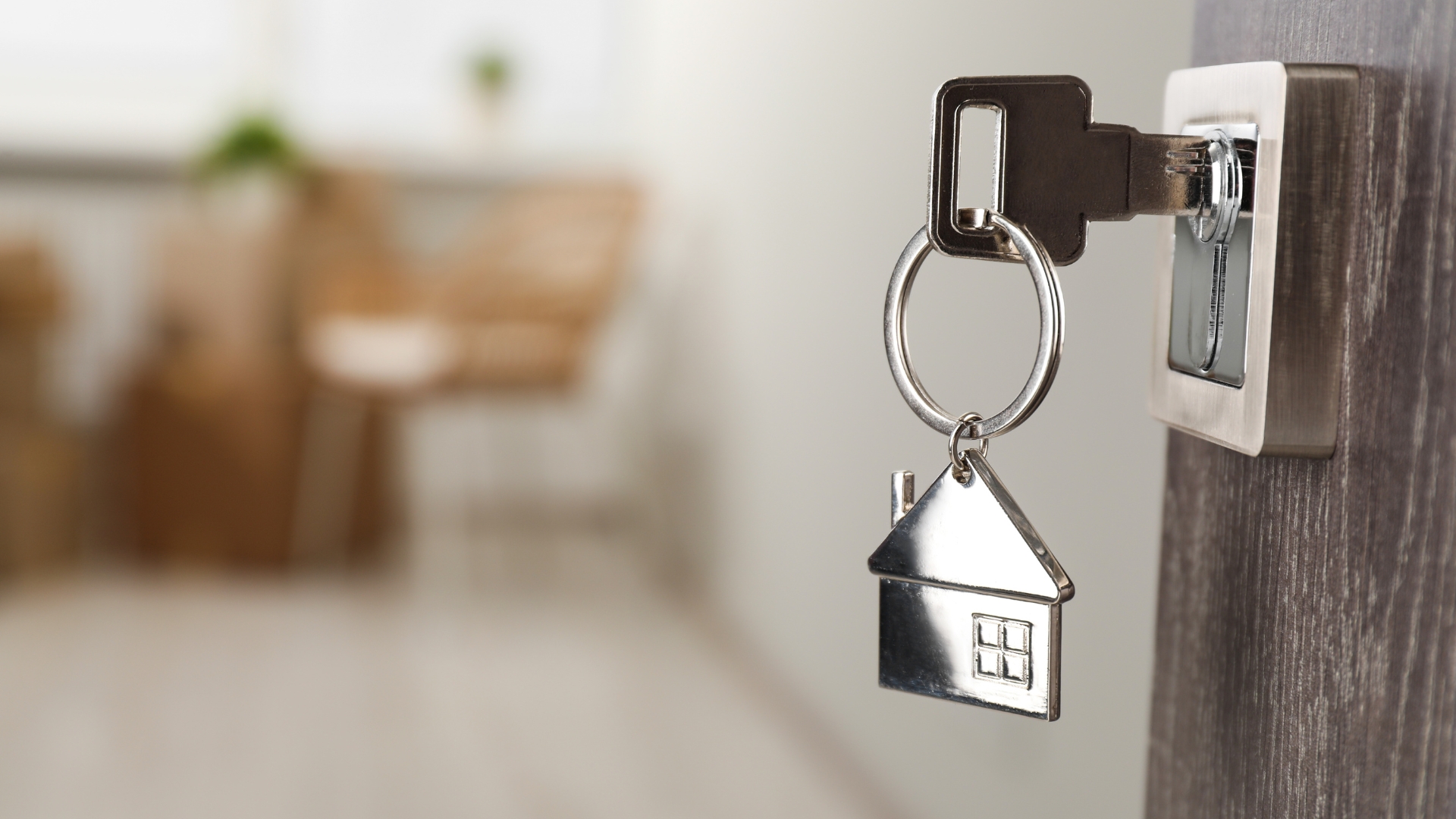It almost goes without saying that purchasing an investment property will involve a significant amount of money — including the amount required for the initial deposit. Whether your first foray into the real estate market or you’re looking to expand your existing portfolio, getting a grasp on how much you’ll need to purchase an investment property will help you plan and budget accordingly.
There’s misinformation about how much you need as a deposit, minimum deposit amounts, and how much you can feasibly use as a deposit for investment property purchases.
How much deposit do you need for an investment property?
Generally, a minimum of 20% deposit (of the property’s value) is required for an investment property purchase. This 20% will mean an 80% loan-to-value ratio (LVR) on an investment property loan.
So, for an investment property valued at $700,000, the expected deposit amount (20%) is $140,000.
Can you purchase an investment property with less than 20% as your deposit?
Saving for a house can be difficult - you may find that you don’t have enough funds from your savings or home equity to meet the minimum 20% deposit amount. Obviously, the 20% can vary wildly depending on the value of the property, but this doesn’t necessarily mean that you can’t proceed with making your desired property purchase.
Some lenders will allow you to borrow at an LVR of 90% so you’ll only need to pay a 10% deposit instead. Of course, this is not without a caveat — to borrow at this rate, you’ll need to pay for Lender’s Mortgage Insurance (LMI).
LMI is an additional fee that is usually added as a one-off premium to the loan amount. Put simply, LMI is an insurance policy that provides protection for the lender in case the borrower can’t make the required repayments on the loan. LMI is only applicable when the deposit amount is less than the typically 20%, and is calculated as a percentage of the loan amount.
Can you buy an investment property with a 5% deposit?
It is possible to buy an investment property with a 5% deposit — some lenders may offer an LVR of 95%. Sounds too good to be true right? Especially for those with minimal savings, and that’s because it usually is. Most property investors do not purchase an investment property with a 5% deposit as there are several risks of doing so.
The risks of a low deposit for an investment property
Any deposit of less than 20% of the price of the investment property is seen as a ‘risk’ by lenders, as the borrowing amount will be significantly higher.
- With a larger loan amount, buyers face the cost of higher repayments, which places more pressure on their finances and recurring expenses.
- The cost of LMI isn’t an insignificant sum, and can often add up to tens of thousands of dollars.
- Borrowing a higher proportion of the purchase value makes buyers more vulnerable to future interest rate hikes, which add even more to the cost of the loan.
For example: paying a 5% deposit on a $500,000 home might cost $15,888 in LMI premiums upfront, and $398 more a month in repayments than on a loan where a 20% deposit had been raised. Over the life of the loan, the low-deposit home loan worked out to be $159,184 more expensive.
Factors that affect the deposit amount for an investment property
- Loan-to-value ratio (LVR)
LVR refers to the share of the property’s value that the lender is willing to lend you for the purchase. Most lenders are happy to offer an LVR of 80%, resulting in a 20% deposit requirement, while others may offer a 90% LVR with the condition of LMI.
- Property type
The type of investment property can impose different conditions on the deposit and loan requirements, whether it’s an owner-occupier property or even an off-the-plan investment.
- Financial circumstances
As a borrower, your individual financial circumstances and history will impact how much you can borrow, as well as how much perceived risk your loan request poses to lenders. Your credit score, repayment history, and income and employment will have an effect on how much deposit you will be required to pay — the more financially capable or stable you are, the higher your LVR will tend to be.
- Lenders preferences
Each lender has different approaches for their loan conditions and requirements, including deposit amounts. Get quotes from multiple lenders and compare them before you make a decision on the type of loan to borrow.
Other ways you can meet a 20% deposit
Use your home equity
If you are a homeowner, you may be able to use the equity in your current home and put it towards the deposit on your new property, helping to cover a significant portion of the deposit amount. Tapping in your home equity may enable you to access up to 80% of the home’s value, minus any outstanding repayment amount on your mortgage. Keep in mind that doing this may impact your repayment amounts on the existing mortgage.
Can I use my super for a deposit?
- Not many potential investors realise that they can draw funds from their superannuation account and use them towards the deposit for an investment property. This can only be done using a Self-Managed Super Fund (SMSF) which must be set up separately, unlike a regular super fund.
Can parents be guarantors for investment property?
If you don’t have a property of your own to use as equity, your parents can offer a property of their own as additional security to cover the gap between your savings and the minimum deposit amount.
Investing in a property is a huge financial commitment, from the initial deposit amount to the final settlement costs. However, an investment property also holds the potential to build your wealth over time in ways that are difficult to achieve with regular income earnings.
At Aus Property Professionals, we want to help you build an investment portfolio that delivers consistent and excellent returns. If you are looking for your next lucrative property investment, our expert buyer agents in Brisbane, Sydney, Melbourne, and across Australia can help.




